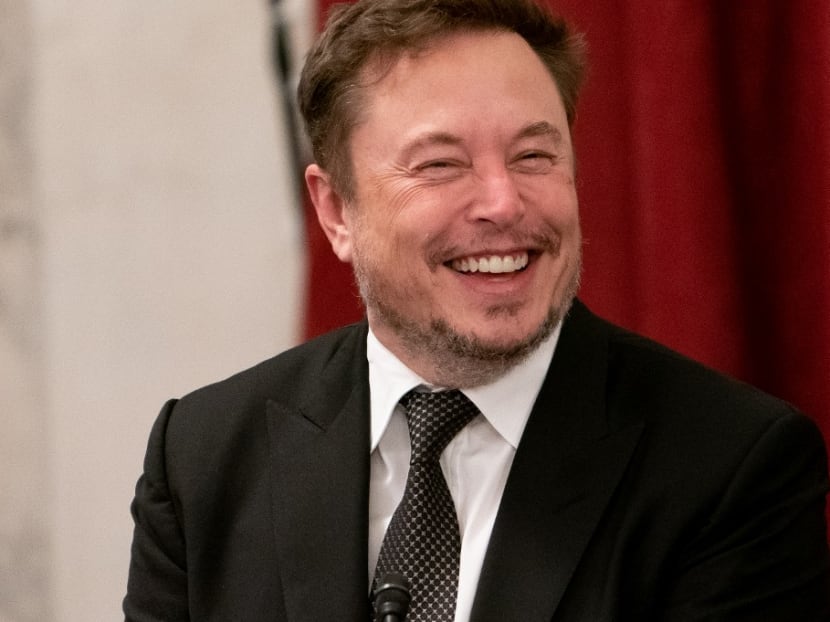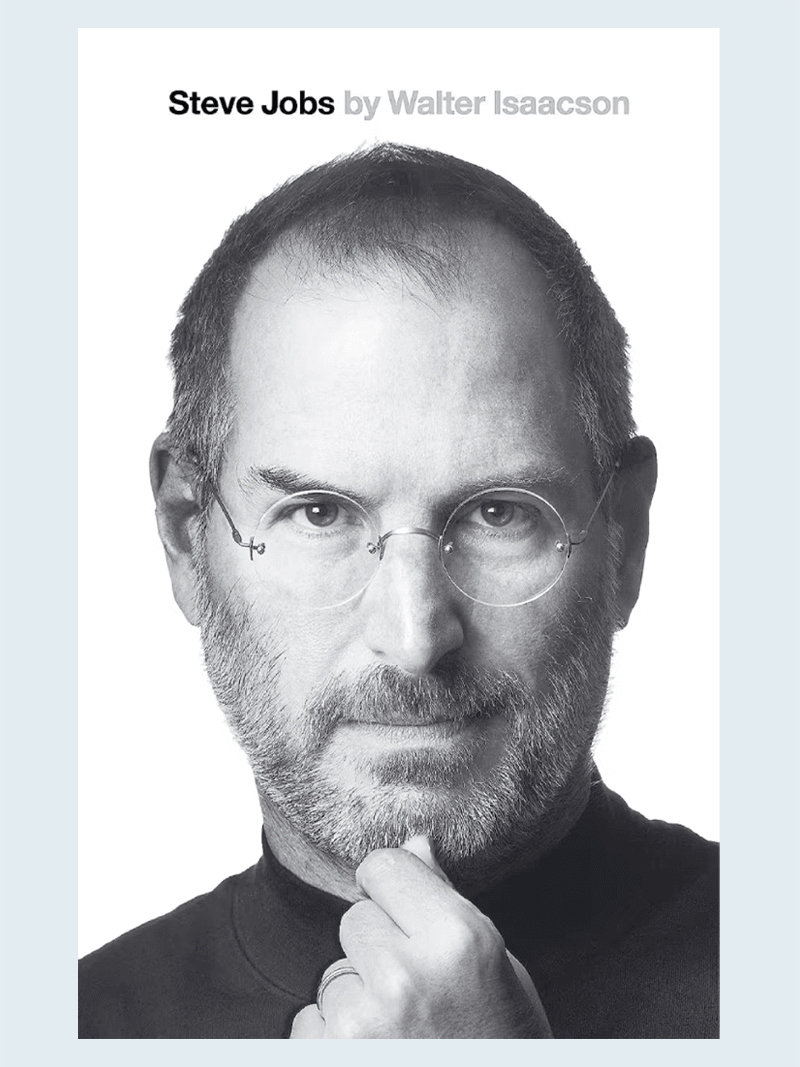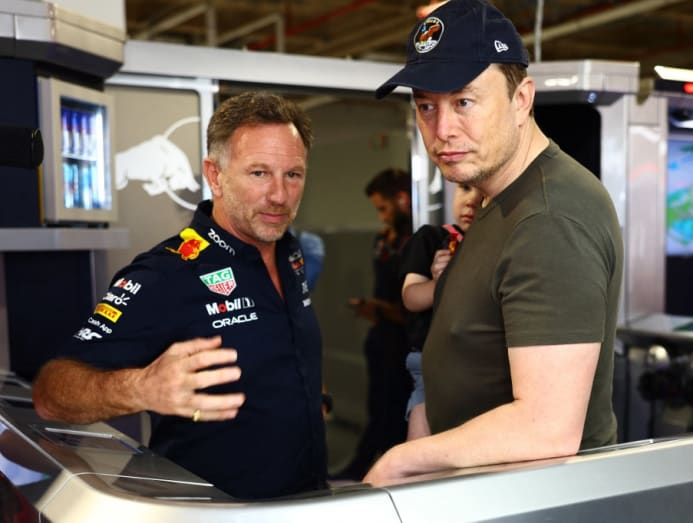Even more explosively, Isaacson watched Musk embark recently on a hitherto-secretive drive to create an AI company, where he apparently hopes to use the vast stores of data from Twitter and Tesla to leapfrog other AI companies such as OpenAI. This could have huge commercial significance for the AI sector.
More controversial still, Isaacson observed Musk’s negotiations with the Ukrainian government in late 2022, when its army was using SpaceX’s Starlink communications system to support its military. Musk prevented the system from being used in areas claimed by Russia. “I have these [messages] in real time as he is turning off Starlink around Crimea because there was a secret drone attack,” Isaacson tells me, noting that Musk gave him all the encrypted messages with [Mykhailo] Fedorov, the Ukrainian digital minister, seemingly without asking the Ukrainians, and some of these are in the book.
I am shocked. Might that not put lives at risk in Ukraine? Or hurt the country’s western backers? “These text messages are a few months old. If there would have been operational [issues] I would not have published them,” Isaacson insists, noting that SpaceX subsequently cut a deal with the Pentagon that puts control into the hands of the US military. (Musk and Isaacson have been revising the details of the story in recent days, suggesting that the service was already deactivated in Crimea at the time of the attack.)
Musk fell into the habit of calling or texting him late at night to reflect on whatever dramas he was engaged in that day. “Elon is very mercurial, but he never told me not to put anything in the book.”
Did you ever feel like you were becoming his therapist, rather than his biographer? At the Aspen Institute, Isaacson was famously skilled at stroking powerful egos, even while challenging them intellectually. Isaacson bristles. “I never wanted to be either his therapist or adviser.” Fair enough. But their relationship does highlight the challenge of writing about a living person: how do you get close enough to capture their essence without being captured yourself?
“I learnt not to fill his silences,” Isaacson explains. “Sometimes it would be Elon and me alone after a [company] meeting and I would ask him a question and he didn’t answer, and there would be four or five minutes of silence where he was processing. That is hard — we journalists sometimes don’t have the ability to stay silent for four minutes!”
At first Isaacson was baffled by this. But then “Shivon Zilis [an executive at Musk’s Neuralink company who has had twins with him] told him that “Musk engages in batch processing — he sequentially processes information and at times he zones out”.
This makes him sound like a computer, I reflect. But this robotic analysis was interspersed with wild mood swings. “In front of me he would go into multiple Elon Musk personalities. There are times he gets really dark and he goes into what Grimes [the Canadian singer who is Musk’s on-off girlfriend] calls ‘demon mode’.” He will become angry. “But then when he snaps out he will hardly remember what he did in demon mode and turns from Dr Jekyll into Mr Hyde.” Yikes.
Why? In a recent New Yorker profile of Musk, the writer Ronan Farrow suggested that excessive ketamine use might explain his volatility. But Isaacson disagrees: “I don’t think it’s a medication issue — he has been this way for a long, long time.” Instead, he cites the “pain of his childhood”: Musk grew up amid violence in apartheid-era South Africa, and had a difficult relationship with his father; he was left “feeling like an outsider” and haunted by a need to prove himself.
“He is driven by demons,” Isaacson calmly notes — and then points out that this is not so unusual since many of the brilliant innovators he has previously studied were also haunted by feeling marginalised, whether it was the Jewish Einstein in early 20th-century Germany or the female Doudna operating in a male scientific world, or the illegitimate Leonardo.
Billy the waiter collects our dishes, and I realise that I have eaten most of the crab; it was deliciously succulent. Then two plates of fish, smothered in more crab, appear; I gingerly poke at mine, already feeling bloated in the summer heat from the heavy food.
Do innovators have to be a psychological mess to have the drive to succeed? Isaacson pulls a face. “I was born in a magical place with truly wonderful parents,” he says, gesturing around him. “And I am never going to send a rocket to Mars.” He pauses.
“Musk goes through manic mood swings and deep depressions and risk-seeking highs, and if he didn’t have that risk-seeking maniacal personality he would not be the person who launched EVs and got rockets into orbit.
“So my key point and conclusion is that all people have light and dark strands, whether that is Da Vinci or anyone else. We celebrate the light ones while decrying the dark ones. But those strands are entwined and you can’t disentangle them.”





